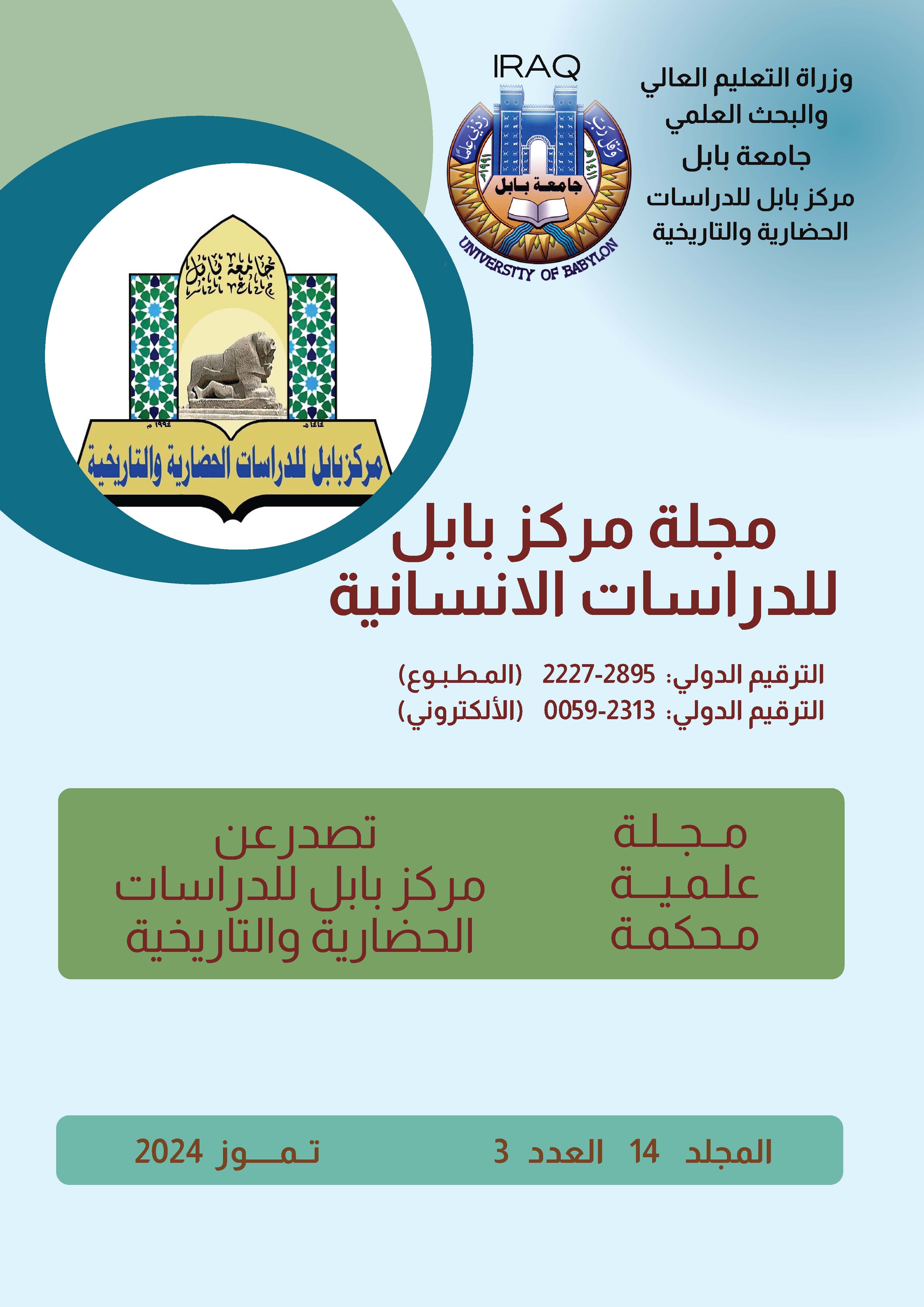Heritage media Media challenges in language revival
Keywords:
The death of languages - media technology - language revival - mediaAbstract
Abstract This research is interested in shedding light on one of the most important topics at the present time, which is the death of languages and their revival. This research included discussing terms such as the death of languages and the reasons for their death, and addressing the effects of the death of languages on societies, including Arab societies, and clarifying the importance and antiquity of the Arabic language, as well as following up on the study of the profound effects that social media has had on language. The research highlighted the importance of reviving languages in order for societies to continue communicating, and the effects of media technology, globalization, and social media were discussed. In this research, the media and its role in reviving languages were discussed, as well as the role of the English language in spreading sciences, language, and social media. The research discussed the reasons for the survival of the Arabic language in light of the concept of the death of languages. The research came out with a set of scientific conclusions based on tracking the concept of languages, their development, death, and revival. This research is subject to the descriptive analysis method based on a survey of academic studies and following up on the developments of the concept of language death and showing the differences between the various intellectual proposals that agreed or intersected in the interpretations of the concept. It is considered a descriptive theoretical research because it leads to the accumulation of a large amount of information, knowledge and concepts related to the concept, which enables the researcher to come up with several conclusions, including: 1- A dead language is a language that is no longer spoken by anyone as the main language of the speech community. When the last speaker of a language dies, the language also dies. It is not necessary to wait, and because the last speaker has no one to speak to him fluently or frequently, the language here is an extinct and dead language. 2- The subject of the threatened language has become a subject of study by UNESCO, which has established a specialized team concerned with endangered languages. 3- Globalization, which emerged in the era of the great geographical discoveries, transformed the global world into a closed system in terms of the main features of social life. Because of this expansion, the concept of multiple priorities was introduced, which made the need for an international language of communication more intense, due to the volume of trade and the weight of capital, in addition to development patterns.







